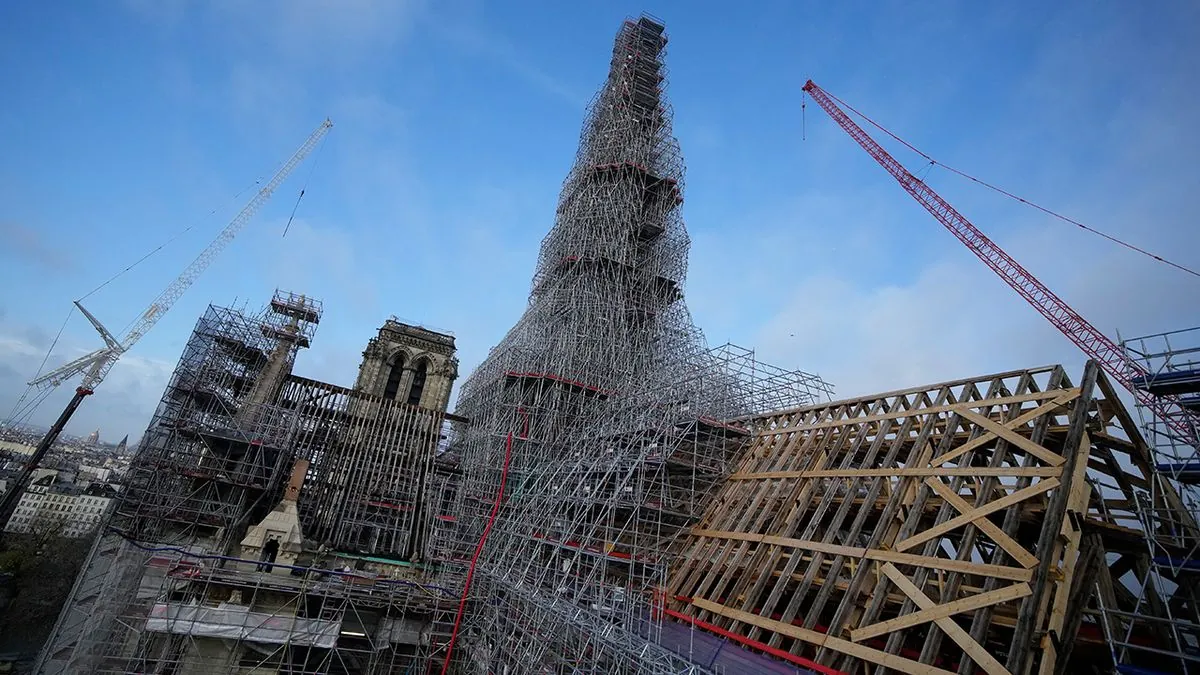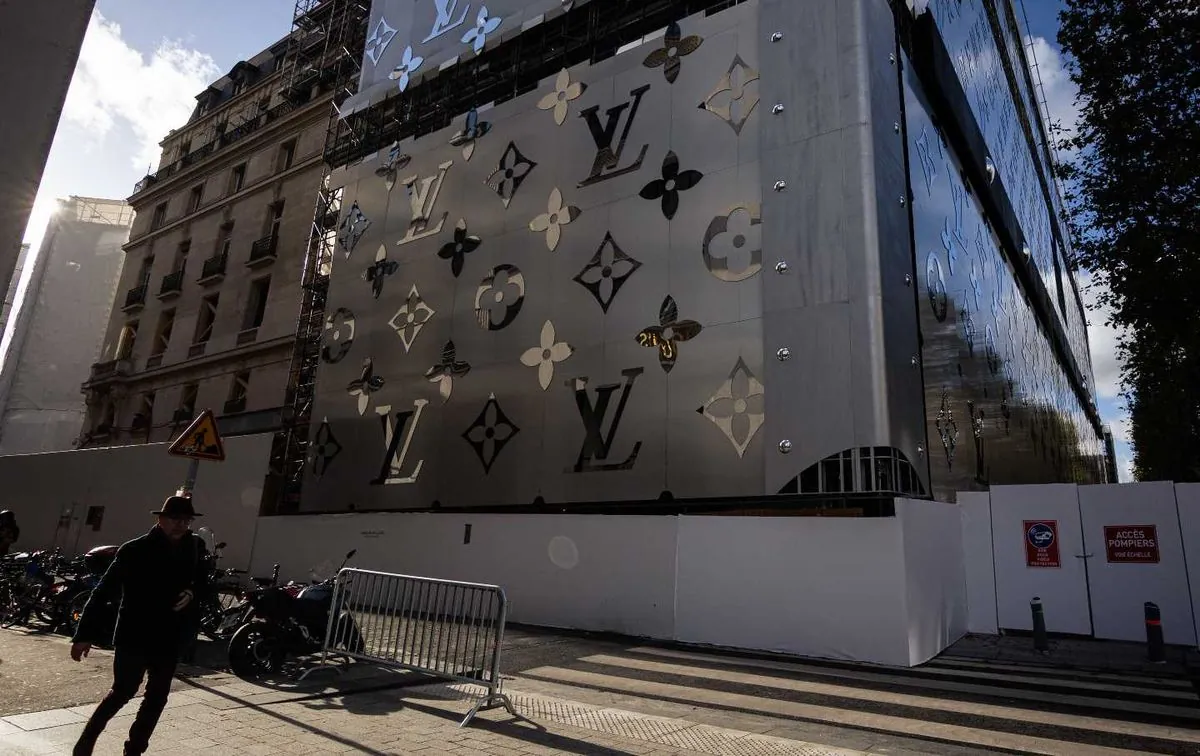Bernard Arnault
Bernard Jean Étienne Arnault is a French businessman, investor and art collector. He is the founder, chairman and CEO of LVMH, the world's largest luxury goods company. Arnault is the third richest person in the world, with an estimated net worth of US$194 billion as of July 2024, according to Forbes.
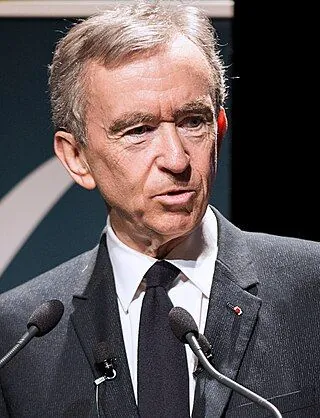
Some of the key events about Bernard Arnault
- 1976Took over his father's construction company and transformed it into a real estate developer
- 1981Laid off 9,000 workers after acquiring Boussac Saint-Frères textile group
- 1984Acquired the bankrupt textile company Boussac, which owned Christian Dior
- 1984Acquired bankrupt fur company Agache-Willot, leading to significant job losses
- 1987Founded LVMH by merging Louis Vuitton with Moët Hennessy
- 1988Became chairman, CEO, and majority shareholder of LVMH
- 1990Faced criticism for aggressive business tactics in acquiring LVMH
- 1999Acquired Guerlain, expanding LVMH's presence in the perfume and cosmetics sector
- 1999Attempted hostile takeover of Gucci, leading to a protracted legal battle
- 2001Acquired Donna Karan International, further strengthening LVMH's fashion portfolio
- 2001Sued by shareholders for alleged stock manipulation during LVMH's acquisition of Gucci
- 2005Fined €1 million by French stock market regulator for share price manipulation
- 2011Acquired Bulgari, significantly expanding LVMH's presence in the jewelry market
- 2012Criticized for seeking Belgian citizenship, allegedly to avoid French wealth taxes
- 2017Announced a €2 billion investment in digital technology across LVMH's brands
- 2017Faced backlash for praising Donald Trump's economic policies
- 2019Acquired Tiffany & Co. for $16.2 billion, the largest deal in the luxury goods sector
- 2019Delayed donating to Notre-Dame restoration, initially pledging €200 million but later reducing it
- 2021Became the world's wealthiest person, surpassing Jeff Bezos
- 2022Briefly surpassed Elon Musk as world's richest person, drawing criticism about wealth inequality
Disclaimer: This material is written based on information taken from open sources, including Wikipedia, news media, podcasts, and other public sources.
Bernard Arnault Latest news
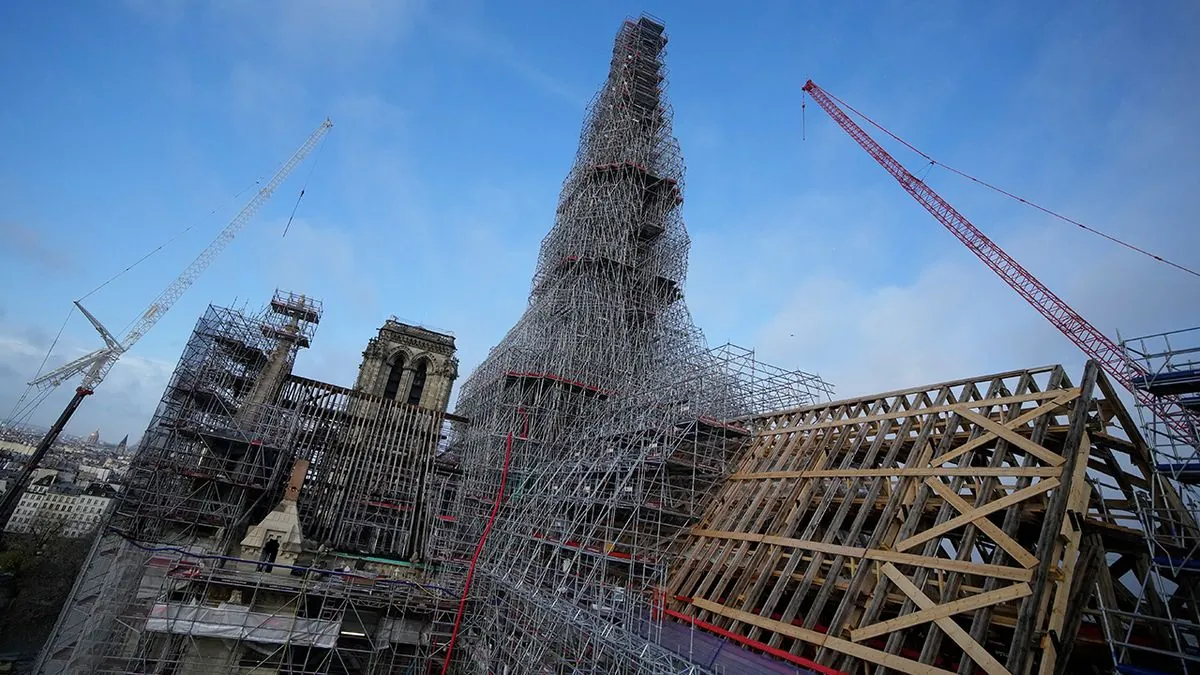
Notre-Dame cathedral's grand return: What you need to know about Paris icon reopening
Parisʼs Notre-Dame cathedral opens its doors after 5-year restoration following devastating fire damage. The medieval masterpiece will welcome visitors with renewed splendor starting early-December
Society, Culture • November 29 2024 , 09:44 AM • 852 views
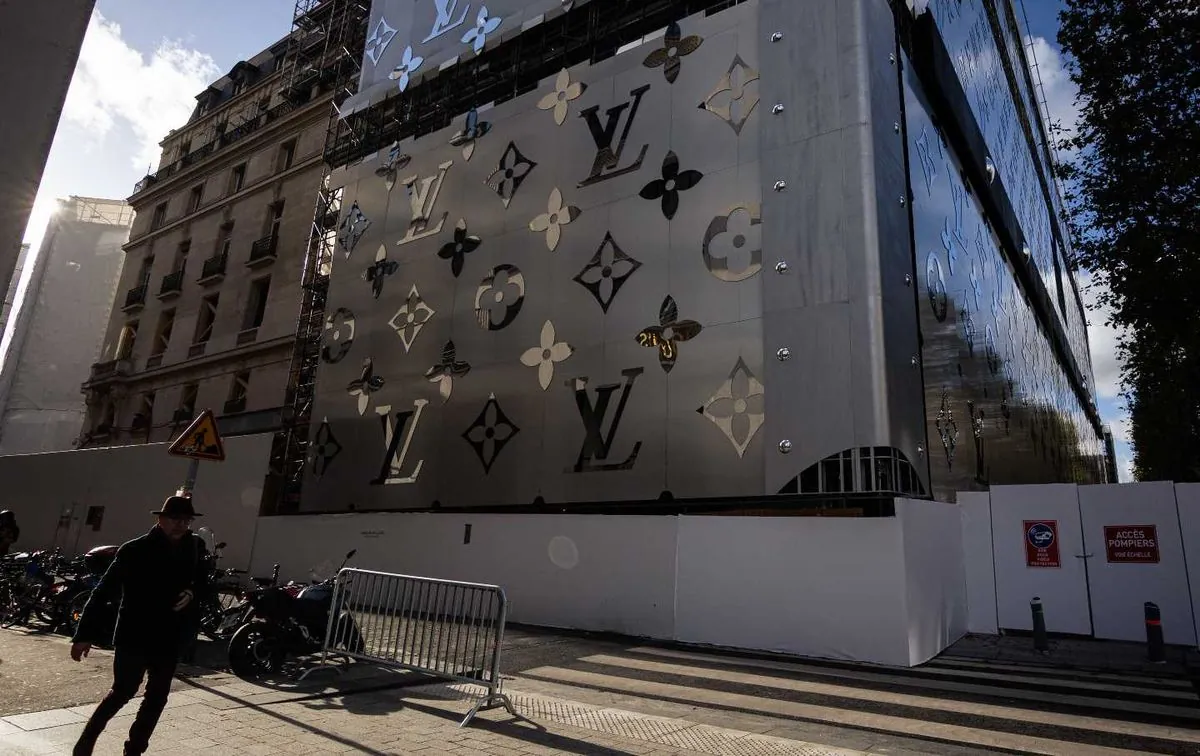
Ex-spy chief's trial puts luxury giant LVMH under unexpected spotlight
Former French intelligence head faces charges of illegal surveillance while working for luxury powerhouse LVMH. **Bernard Arnault** prepares to testify about companys past security practices
Business, Politics • November 28 2024 , 10:51 AM • 953 views






























